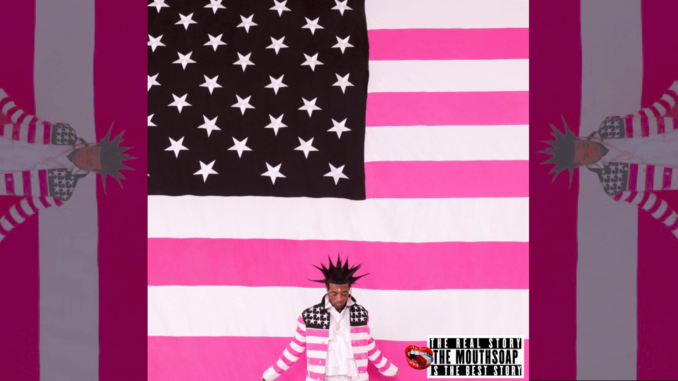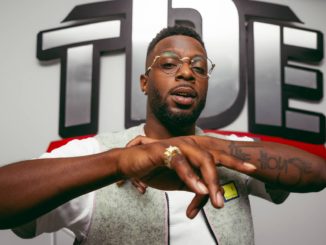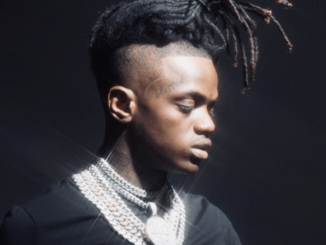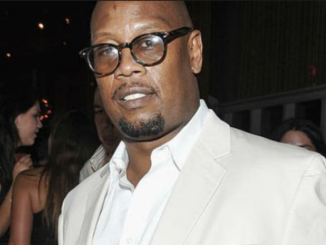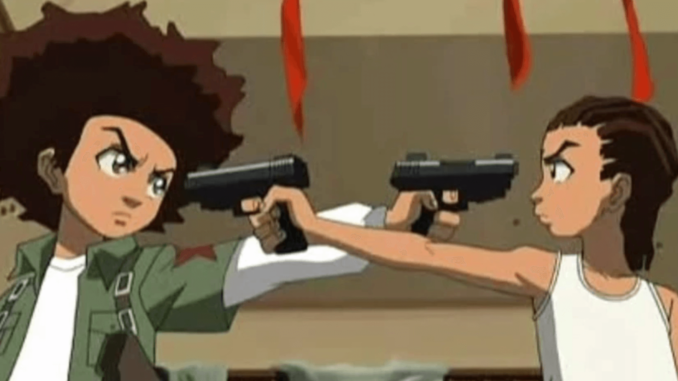
Atlanta, we have a problem. That’s what prominent rappers, such as Killer Mike, T.I., and Omeretta The Great, and the executive and familial entourages of the recently indicted YSL label led by Young Thug, and deceased rapper Trouble, are all saying, according to a praise-worthy breakdown by Rolling Stone’s Mike Jordan.
Atlanta is one of the major vessels of the hip hop community, representing a slice of southern rap and culture that has gone beyond expectations in influencing the world. Yet, the seismic shift in rap culture from art imitating life in the form of poetic expression that covers an array of topics to a tone-deaf obsession with gangsta, trap and drill that denigrates minds with low vibrational subject matter is now manifesting right before our eyes in the worst way — again.
The blame game for hip hop’s fallout is all over the place with some pointing fingers at outsiders and the impressionable trying too hard to be believable gangsters, some claiming that it’s the record companies and mainstream gatekeepers that are rewarding certain destructive themes, and others arguing that hip hop has a target on its back that stems from racism and the marginalization of people in poverty.
Harvey Mason Jr., CEO of the Recording Academy, is one of the believers of the latter.
“The bias against rap music has been present in our judicial system for far too long, and it’s time we put an end to this unconstitutional practice,” Mason Jr. said.
The heavy subject has reached politics with the newly founded Restoring Artistic Protection Act of 2022 (RAP Act), freedom of speech legislation proposed by Reps. Hank Johnson (D-Ga) and Jamaal Bowman (D-NY), and backed by several music institutions, including the Recording Industry Association of America (RIAA), the Recording Academy, and a host of major record labels.
The RAP Act serves “To amend the Federal Rules of Evidence to limit the admissibility of evidence of a defendant’s creative or artistic expression against such defendant in a criminal proceeding, and for other purposes.”
The Act is garnering mainstream attention after controversy arose when the New York City Mayor, Eric Adams, publicly denounced drill music, calling it “alarming” because of its violent nature, which he attributes increased violence and the murders of drill rappers to.
On top of this, lesser known rappers across the nation were receiving charges based on their lyrics, but this wasn’t the concern of big business until Atlanta-based chart-topping artists, Young Thug, Gunna, and members of YSL Records were all indicted on RICO charges, with some charges being traced back to their music.
Kevin Liles of 300 Entertainment, Young Thug’s managing label and business associate, agrees with the sentiment that hip hop is being vilified and unfairly targeted.
“With increasing and troubling frequency, prosecutors are attempting to use rap lyrics as confessions,” Liles wrote in a statement. “This practice isn’t just a violation of First Amendment protections for speech and creative expression. It punishes already marginalized communities and silences their stories of family, struggle, survival, and triumph.”
Premiere rapper of Atlanta, Gucci Mane, who has experienced his own tribulations in hip hop, recently addressed the situation in hip hop with his own two cents about rappers being a part of the problem, according to a featured article on XXL. On his single, “Dissin the Dead,” he retracts his support of disrespecting fallen opposition (the opps), a trend that has led to deadly consequences.
He raps, “I know my tongue is a sword / I know I should be more careful with shit that I said / I feel like I started a trend that’s never gon’ stop, they gon’ keep dissing the dead.”
Interesting enough, T.I., another controversial Atlanta-based rapper who has helped spearhead the movement of trap music and brought the city to its hip hop prominence, blames the saturating rise of messy bloggers for creating turmoil in hip hop.
“We’ve seen the perils of doing it this way,” T.I. said in the Rolling Stone report. “But people love dessert more than they love vegetables. So if you’re trying to change the trajectory of your career, and you’re tired of waiting in the wings, and you don’t have the principles, morals or patience to stick to the vegetables, you’re gonna serve up dessert. And as you serve up dessert, people are gonna come and eat. Eventually, they’re gonna get sick…They’re gonna throw up wherever they’re at, on any and everybody around.”
Rolling Stone adds, “The existence of several Atlanta-based social media ‘news’ accounts whose strategy seems to be hyper-charging the ‘if it bleeds, it leads’ ethos long adopted by local TV stations exacerbates the situation. Their crowdsourced and aggregated social posts of fact-based but primarily negative, violent incidents in the city metastasize, since the public appetite for such information has earned them followings in the hundreds of thousands.”
Atlanta, we have a problem, indeed. But, so does the rest of the hip hop community, from Los Angeles to New York, Chicago to Houston.
It’s like preaching to the choir, though, because when the root of the problem is the system of America, in which capitalism and classism drives those on the lower ranks (and even higher ranks) to do some strange things for change, can you really blame the hundreds of bloggers, thousands of rappers, and millions of fans that empathize with their trauma?
Those who complain about this epidemic are asking for a whole culture to do a 180. In order for that to happen, the institutions that pay — from record labels and radio stations, to festivals and social media platforms — have to all come together to make this dark side of hip hop culture uncool again. The harder task will be asking society to give up their guilty pleasure obsessions for sensationalism and violence…
